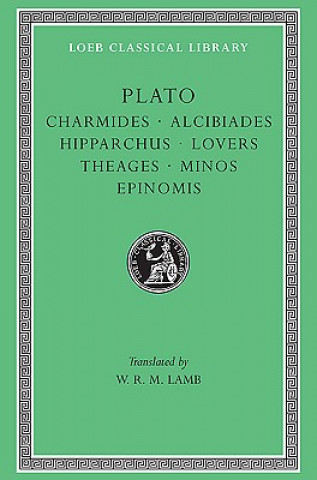
Kód: 04430249
Charmides. Alcibiades I and II. Hipparchus. The Lovers. Theages. Minos. Epinomis
Autor Plato
Plato, the great philosopher of Athens, was born in 427 BCE. In early manhood an admirer of Socrates, he later founded the famous school of philosophy in the grove Academus. Much else recorded of his life is uncertain; that he lef ... celý popis
- Jazyk:
 Angličtina
Angličtina - Vazba: Pevná
- Počet stran: 512
Nakladatelství: Harvard University Press
- Více informací o knize

Mohlo by se vám také líbit
-
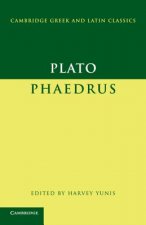
Plato: Phaedrus
1175 Kč -
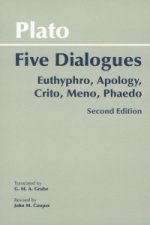
Plato: Five Dialogues
355 Kč -
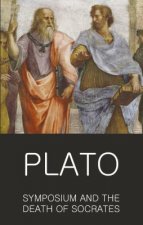
Symposium and The Death of Socrates
143 Kč -
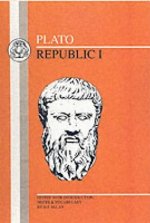
Republic
1071 Kč -
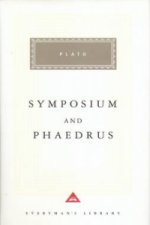
Symposium
312 Kč -
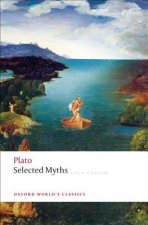
Selected Myths
253 Kč -
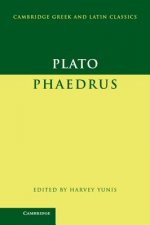
Plato: Phaedrus
3440 Kč -
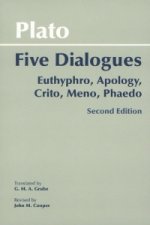
Plato: Five Dialogues
1160 Kč -
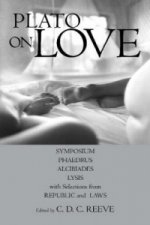
Plato on Love
603 Kč -
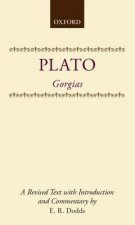
Gorgias
2714 Kč -
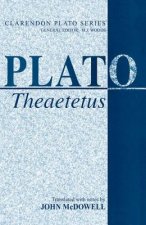
Theaetetus
1914 Kč -
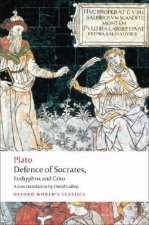
Defence of Socrates, Euthyphro, Crito
223 Kč -
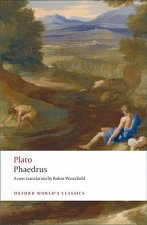
Phaedrus
247 Kč -
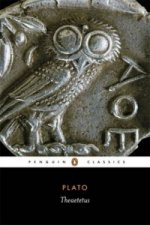
Theaetetus
374 Kč -
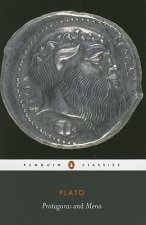
Protagoras and Meno
342 Kč -

The Symposium
235 Kč -

Republic
283 Kč -
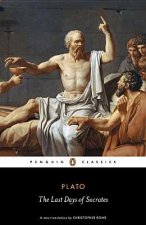
Last Days of Socrates
276 Kč -
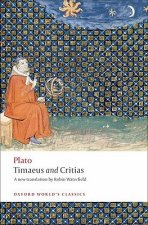
Timaeus and Critias
282 Kč -
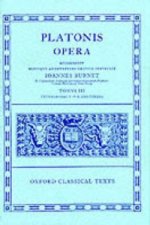
Plato Opera Vol. III
2724 Kč -
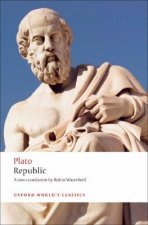
Republic
223 Kč -
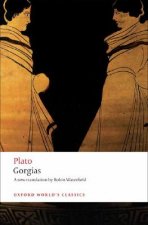
Gorgias
209 Kč -
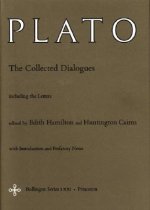
Collected Dialogues of Plato
1685 Kč -
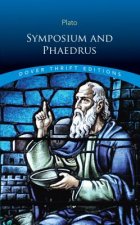
Symposium and Phaedrus
110 Kč -
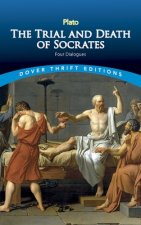
Trial and Death of Socrates: Four Dialogues
110 Kč -

Hitler's Slaves
5604 Kč -
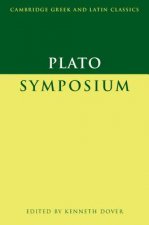
Plato: Symposium
963 Kč -
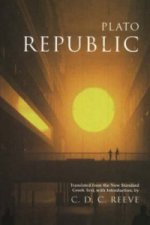
Republic
511 Kč
Darujte tuto knihu ještě dnes
- Objednejte knihu a zvolte Zaslat jako dárek.
- Obratem obdržíte darovací poukaz na knihu, který můžete ihned předat obdarovanému.
- Knihu zašleme na adresu obdarovaného, o nic se nestaráte.
Více informací o knize Charmides. Alcibiades I and II. Hipparchus. The Lovers. Theages. Minos. Epinomis
Nákupem získáte 91 bodů
 Anotace knihy
Anotace knihy
Plato, the great philosopher of Athens, was born in 427 BCE. In early manhood an admirer of Socrates, he later founded the famous school of philosophy in the grove Academus. Much else recorded of his life is uncertain; that he left Athens for a time after Socrates' execution is probable; that later he went to Cyrene, Egypt, and Sicily is possible; that he was wealthy is likely; that he was critical of 'advanced' democracy is obvious. He lived to be 80 years old. Linguistic tests including those of computer science still try to establish the order of his extant philosophical dialogues, written in splendid prose and revealing Socrates' mind fused with Plato's thought. In Laches, Charmides, and Lysis, Socrates and others discuss separate ethical conceptions. Protagoras, Ion, and Meno discuss whether righteousness can be taught. In Gorgias, Socrates is estranged from his city's thought, and his fate is impending. The Apology (not a dialogue), Crito, Euthyphro, and the unforgettable Phaedo relate the trial and death of Socrates and propound the immortality of the soul. In the famous Symposium and Phaedrus, written when Socrates was still alive, we find the origin and meaning of love. Cratylus discusses the nature of language. The great masterpiece in ten books, the Republic, concerns righteousness (and involves education, equality of the sexes, the structure of society, and abolition of slavery). Of the six so-called dialectical dialogues Euthydemus deals with philosophy; metaphysical Parmenides is about general concepts and absolute being; Theaetetus reasons about the theory of knowledge. Of its sequels, Sophist deals with not-being; Politicuswith good and bad statesmanship and governments; Philebus with what is good. The Timaeus seeks the origin of the visible universe out of abstract geometrical elements. The unfinished Critias treats of lost Atlantis. Unfinished also is Plato's last work of the twelve books of Laws (Socrates is absent from it), a critical discussion of principles of law which Plato thought the Greeks might accept. The Loeb Classical Library edition of Plato is in twelve volumes.
 Parametry knihy
Parametry knihy
Zařazení knihy Knihy v angličtině Literature & literary studies Prose: non-fiction Literary essays
905 Kč
- Plný název: Charmides. Alcibiades I and II. Hipparchus. The Lovers. Theages. Minos. Epinomis
- Autor: Plato
- Jazyk:
 Angličtina
Angličtina - Vazba: Pevná
- Počet stran: 512
- EAN: 9780674992214
- ISBN: 0674992210
- ID: 04430249
- Nakladatelství: Harvard University Press
- Hmotnost: 370 g
- Rozměry: 119 × 169 × 29 mm
Oblíbené z jiného soudku
-
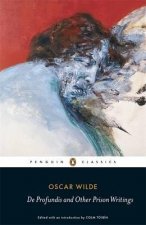
De Profundis and Other Prison Writings
290 Kč -

Walden
323 Kč -

Complete Works of Oscar Wilde
410 Kč -

Papillon
429 Kč -
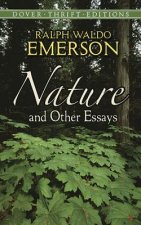
Nature and Other Essays
185 Kč -

United States
463 Kč -

Ocean, the Bird, and the Scholar
686 Kč -
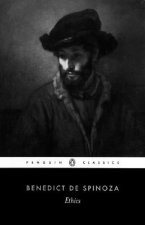
Ethics
276 Kč -

WHITE ALBUM: ESSAYS
433 Kč -

On Writing
205 Kč -
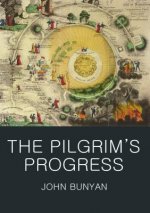
The Pilgrim's Progress
143 Kč -
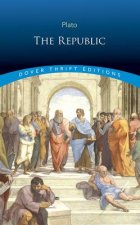
Republic
183 Kč -

Years - WINNER OF THE 2022 NOBEL PRIZE IN LITERATURE
399 Kč -
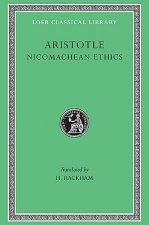
Nicomachean Ethics
836 Kč -

Notes on Nursing
169 Kč -

Why I Write
204 Kč -

How to Use Your Enemies
90 Kč -
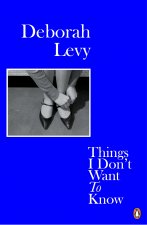
Things I Don't Want to Know
323 Kč -

Upstream
410 Kč -

Rebel
276 Kč -

Slouching Towards Bethlehem
434 Kč -

On Love
205 Kč -
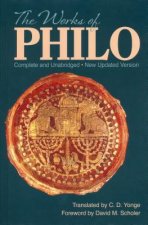
The Works of Philo
515 Kč -
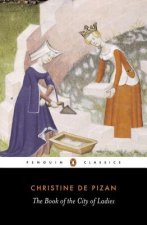
Book of the City of Ladies
322 Kč -
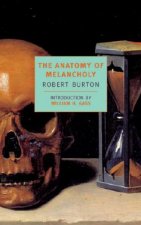
Anatomy Of Melancholy
677 Kč -

Social Contract
143 Kč -
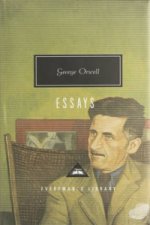
Essays
810 Kč -

Collected Dorothy Parker
356 Kč -
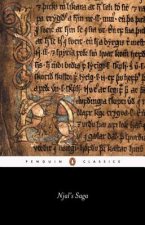
Njal's Saga
302 Kč -

Love
302 Kč -

Memory Theatre
302 Kč -

Why I Am Not Going to Buy a Computer
89 Kč -
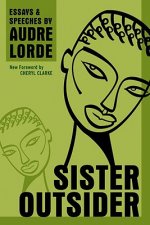
Sister Outsider
381 Kč -

1,000 Books to Read Before You Die
813 Kč -
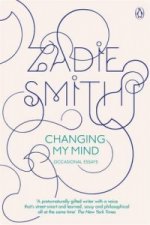
Changing My Mind
334 Kč -
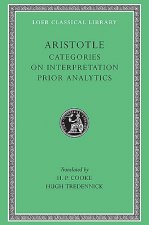
Categories. On Interpretation. Prior Analytics
815 Kč -
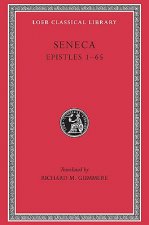
Epistles
815 Kč -

Civil Disobedience and Other Essays
257 Kč -
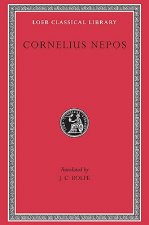
On Great Generals. On Historians
905 Kč -
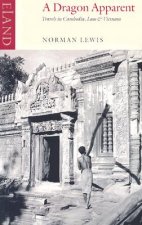
Dragon Apparent
356 Kč -

How to be Alone
247 Kč -

Oroonoko, the Rover and Other Works
249 Kč -

Revolt of the Young
842 Kč -
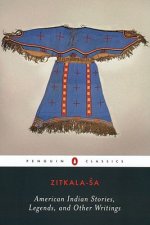
American Indian Stories, Legends, and Other Writings
429 Kč -

Small Wonder
329 Kč -
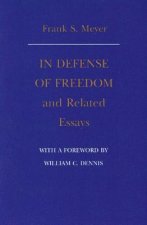
In Defense of Freedom & Related Essays
409 Kč -

Stanley Fisher Reader
1797 Kč -
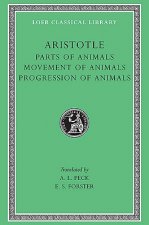
Parts of Animals. Movement of Animals. Progression of Animals
905 Kč -

Against Interpretation and Other Essays
330 Kč
Osobní odběr Praha, Brno a 12903 dalších
Copyright ©2008-24 nejlevnejsi-knihy.cz Všechna práva vyhrazenaSoukromíCookies



 Vrácení do měsíce
Vrácení do měsíce 571 999 099 (8-15.30h)
571 999 099 (8-15.30h)